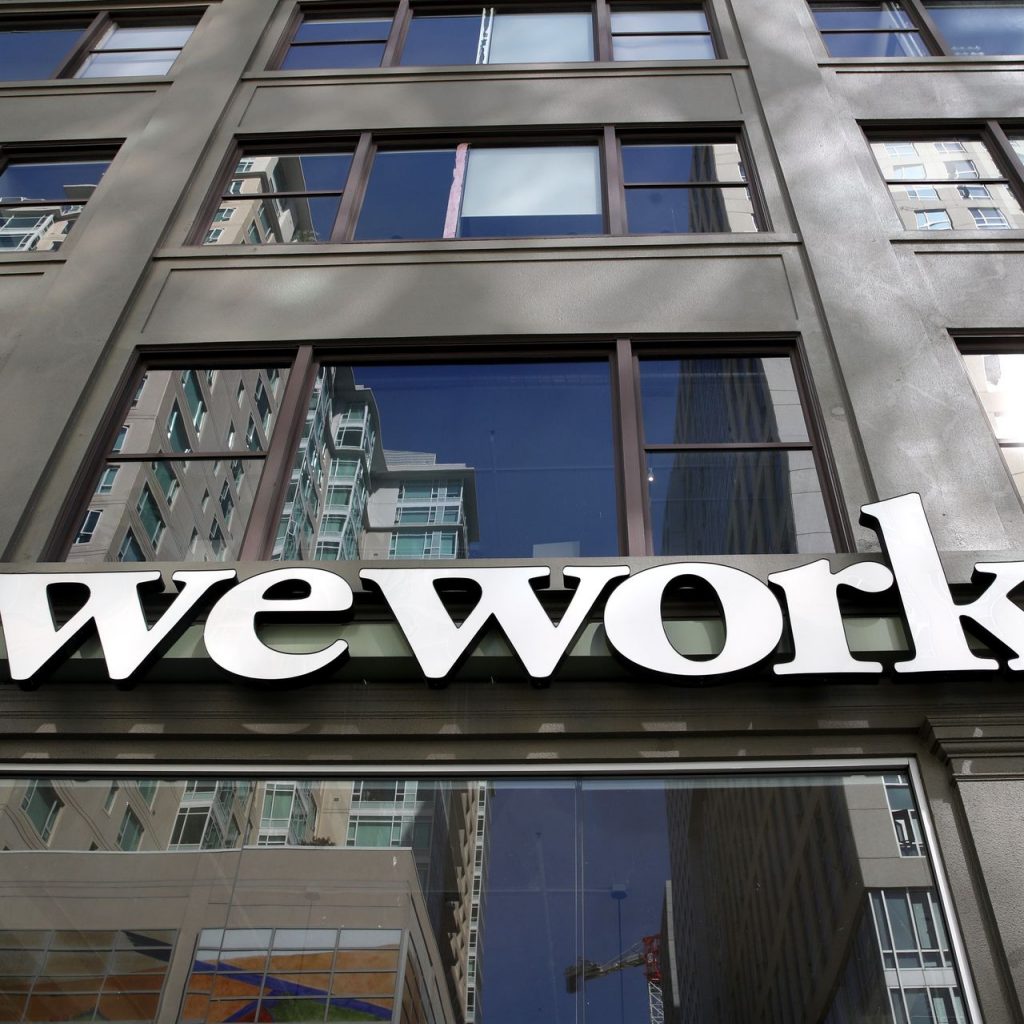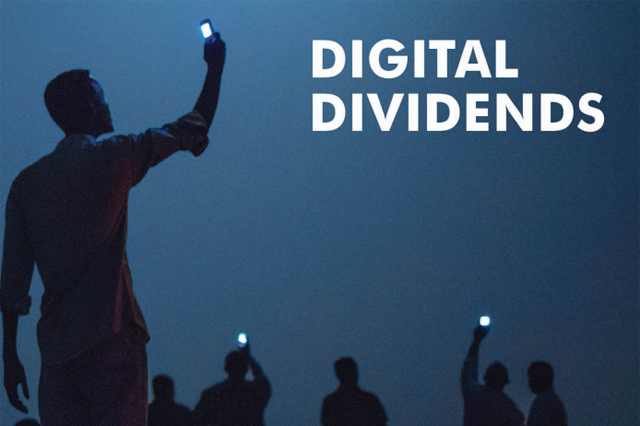“Jack and the Beanstalk” is an English fairy tale dating back about 500 years. In the fairy tale, Jack trades the family cow for magic beans at the market. When he returns home, Jack’s mother sends him to bed without dinner for making such a foolish trade and tosses the beans outside.
Overnight, a beanstalk grows to a land high in the sky. The next morning Jack climbs the beanstalk and steals a bag of gold coins from a sleeping giant’s castle. Back on the ground, Jack calls to his mother for an axe and cuts down the beanstalk, causing the giant to fall to his death. Thanks to their newly found wealth, Jack and his mother live happily ever after.
A classic pattern of denial & disruption
For the longest time the giant, established hotel industry denied that Airbnb was a threat. As we’ve previously written, when companies or industries become complacent, they become ripe for disruption.
In the beginning, both the hotel industry and Airbnb claimed they were serving different markets with different business models. Recently, the hotel industry has realized that Airbnb is more of a threat to their business than they were willing to admit. Perhaps Airbnb knew this all along.
The hotel industry’s response was a classic pattern of disruption: first denial, then attacking Airbnb for running illegal hotels and demanding a level playing field, followed by participation in the homesharing industry.
Airbnb wakes up a sleeping giant
The hotel industry – and Marriott in particular – has begun to fight back against Airbnb.
Last year Marriott launched Tribute Portfolio Homes to allow users to find lodging in Paris, Rome, London, and Lisbon. In April of this year Marriott announced it will expand the service not only in Europe, but also launch in the U.S., Caribbean, and Latin America under the name Homes & Villas by Marriott International.
Homes & Villas offers many of the same features to travelers that Airbnb does. Homeowners can list their property. Travelers can select the neighborhood, reservations dates, and features and amenities. Marriott Rewards members can also use their points.
While both companies tout a unique guest experience, they approach it in different ways.
Airbnb depends mainly on guest reviews to rank the cleanliness and desirability of a place. But Marriott is taking a more hands-on approach to quality control. The company has partnered with Hostmaker to provide property management services and ensure that property owners meet Marriott’s criteria for cleanliness, design and functionality. A property can’t be listed until it meets the standards set by Marriott.
Will the giant win this time?
It makes sense to ask if Airbnb has bitten off more than it can chew by waking up a sleeping giant.
On the one hand, Airbnb has over 4 million spaces for rent through hosts worldwide while. Marriott operates about 1.3 million hotel rooms through its Marriott, Sheraton, W Hotels, and Ritz-Carlton brands.
However, it’s a different story when it comes to generating revenue. Airbnb’s most recent annualized revenues are about $4 billion vs. Marriott International’s $20.75 billion. One reason Airbnb’s revenues are lower is that it operates a revenue sharing platform with its hosts, keeping only a small percentage of what an Airbnb host collects. Nevertheless, Marriott still has significantly more revenue to apply to its homesharing business should it choose to do so.
In no rush to IPO
Interestingly, Marriott has made its move prior to Airbnb’s long awaited IPO.
One year ago, in June, Airbnb claimed it would be ready to go public on June 30th, 2019. But that no longer appears to be the case.
In April of this year, Reuters reported that Airbnb’s CEO Brian Chesky told CNBC the company would be ready later this year. Earlier that month, Airbnb’s co-founder told Business Insider that an IPO may happen late 2020, implying the company isn’t in a rush to join other tech startups debuting in 2019.
Perhaps Airbnb is having second thoughts due to the underwhelming performance of Uber’s recent IPO. Maybe, Airbnb has decided its axe isn’t yet quite sharp enough to compete with a giant like Marriott. Or maybe, for the time being, Airbnb wants to store more of its gold for itself.




